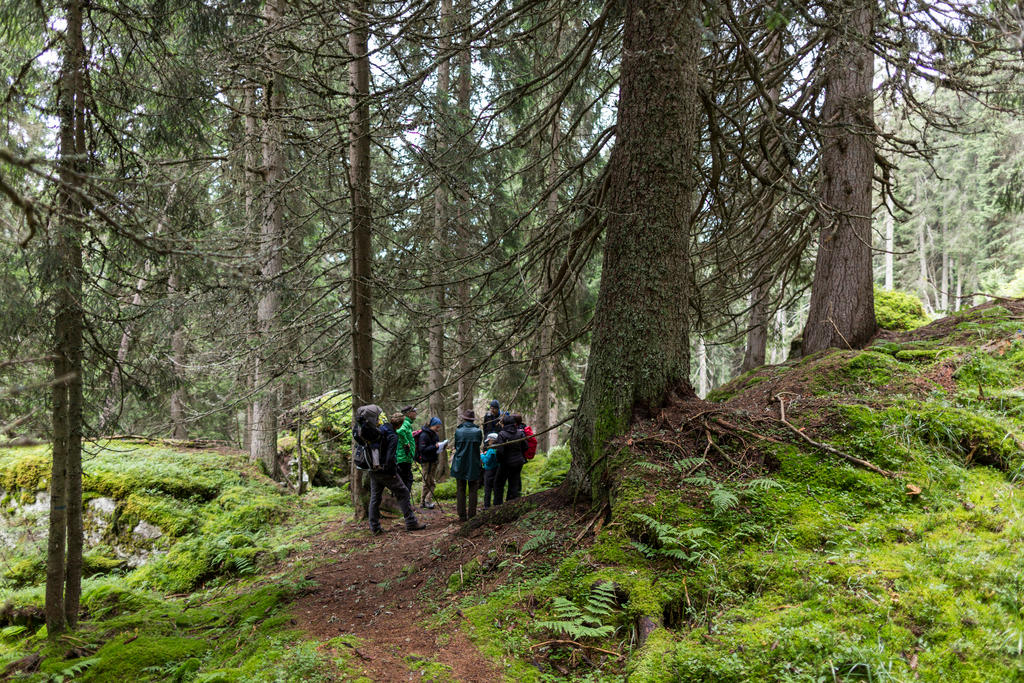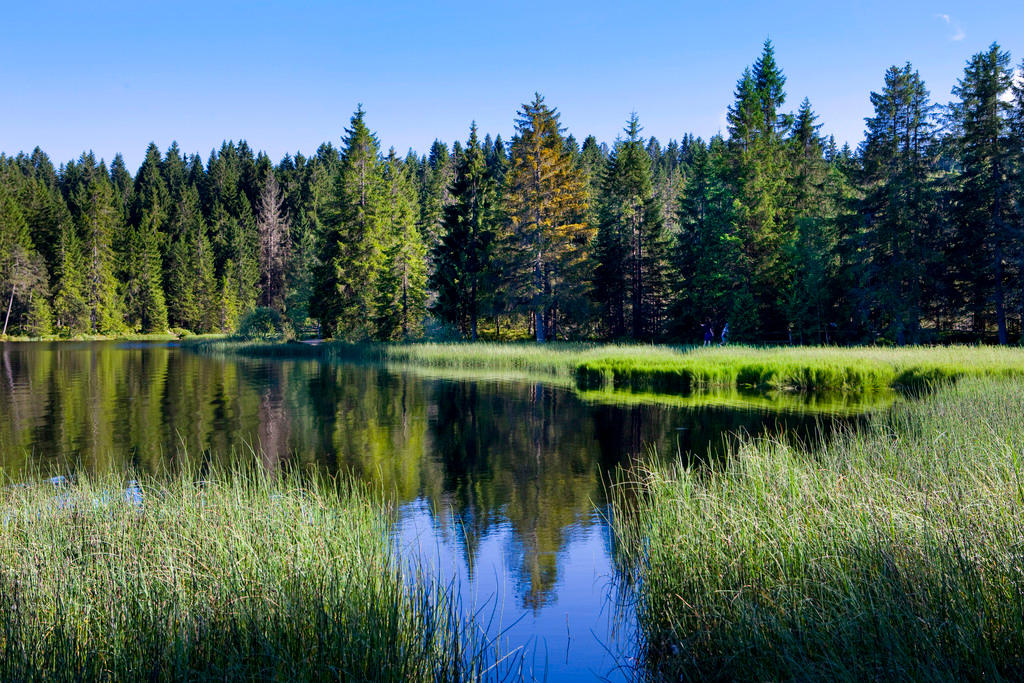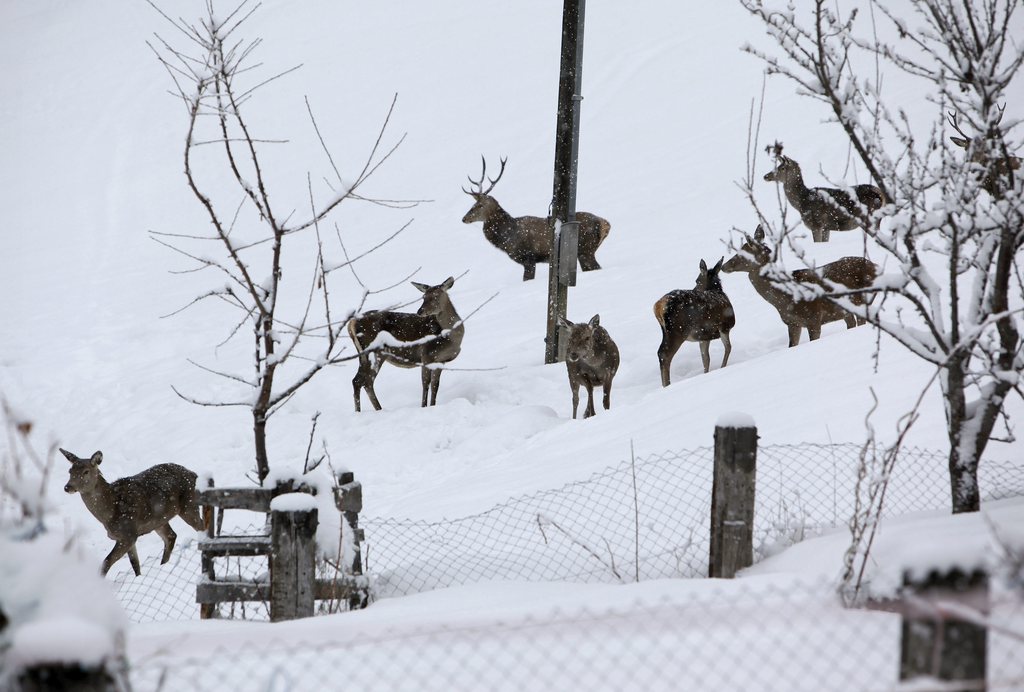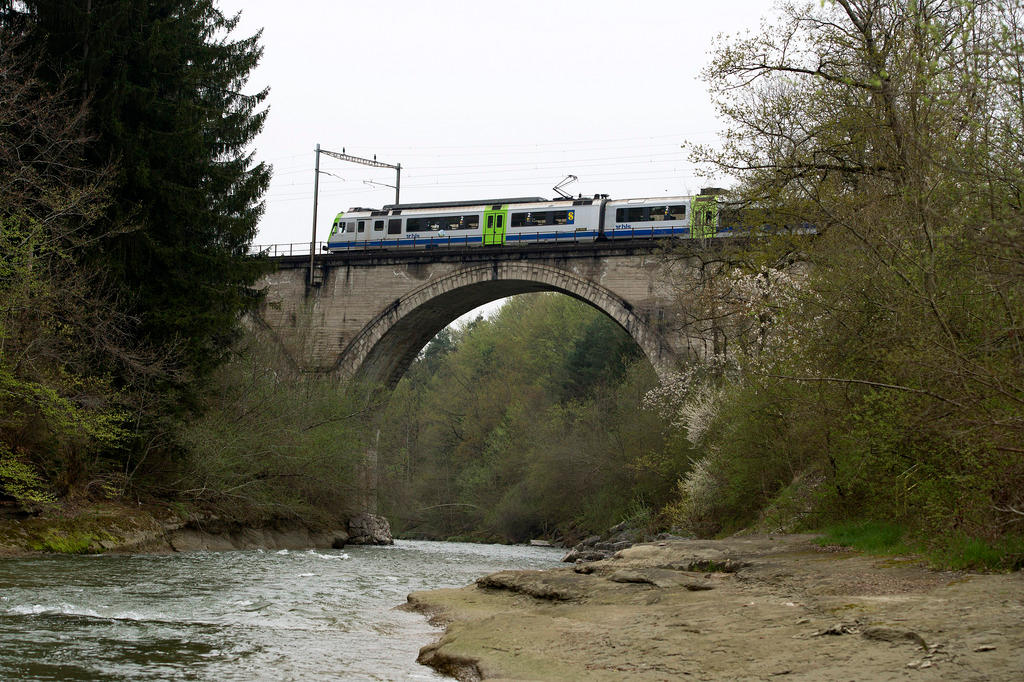Swiss nature not doing as well as perceived

An external review of Switzerland’s environment performance claims that the Swiss are mistaken in their assumption that wildlife and habitats are doing well in the Alpine nation.
The assessmentExternal link, done by the Organisation for Economic Co-operation and Development (OECD) every ten years and released on Monday, warns against complacency in environment decision-making as a result of assuming that everything is fine.
“Access to information on the state of biodiversity and proactive awareness campaigns are necessary to correct what polls show is a misconception by most Swiss that nature is doing well,” says the report.
The authors state that recent polls have shown than between 75% to 90% of Swiss believe that nature is doing very well. However, Switzerland has some of the highest percentages of threatened species across all OECD countries. In the 2000s, up to 79% of reptiles, 62% of amphibians, over a third of mammals and birds, and over a quarter freshwater fish and vascular plants were classified as vulnerable, endangered or critically endangered.
It estimated that half of the around 245 Swiss habitat types are classified as endangered. Around 40% of its rivers have been altered affecting the important ecological role they play, while half of 20 largest Swiss lakes lack enough oxygen and have to be artificially ventilated.
Switzerland has expanded its protected areas but still falls short of the global Aichi target of 17% by 2020. They have been described as “too small, poorly connected with each other and with European networks, and do not fully meet conservation objectives”. In terms of protecting its forests, only 5.6% of its forests are reserved for biodiversity – one of the lowest levels in Europe.
It is not all bad news though. The country received recognition for revising its Water Act and embarking on “renaturation” of its rivers. Switzerland was also praised for being one of the first to implement a national policy on reducing micropollutants in sewage treatment plants.

In compliance with the JTI standards
More: SWI swissinfo.ch certified by the Journalism Trust Initiative












You can find an overview of ongoing debates with our journalists here . Please join us!
If you want to start a conversation about a topic raised in this article or want to report factual errors, email us at english@swissinfo.ch.